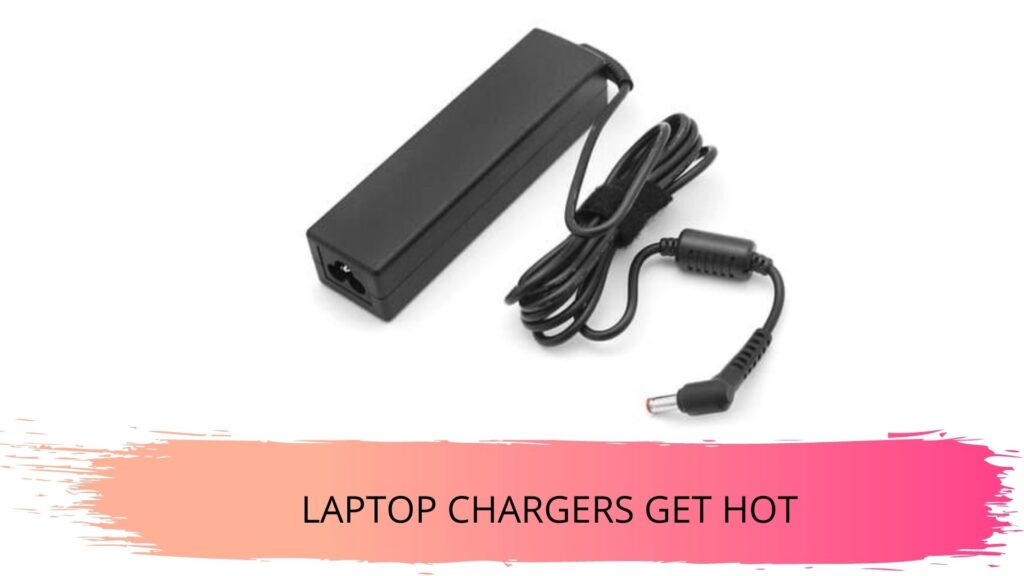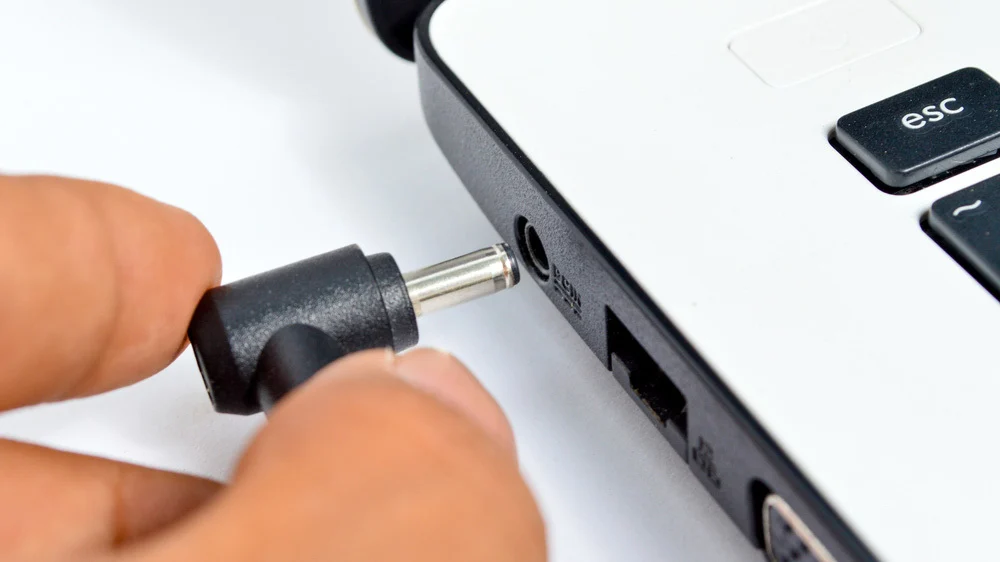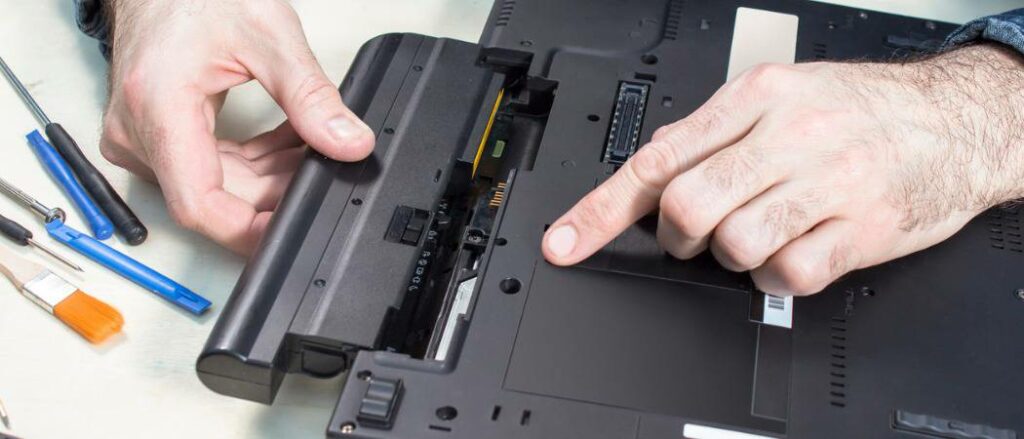Gateway Laptop Charger Is Very Hot – Protect Your Laptop!
Has it ever happened to you, that you are minding your own business, and suddenly you feel that your gateway laptop charger is very hot? However, there might be several reasons your gateway laptop charger is overheating, and failing to perform efficiently.
One common reason is that your laptop battery is faulty, and not supporting the charger to get fully charged. You can replace your battery to determine whether this is the case or not.
Here in this blog post, I have mentioned 4 possible reasons your gateway laptop charger overheating and how you can fix it. Let’s get started!
Is It Normal For Your Gateway Laptop Charger To Overheat?
If you are running a high-end program on your gateway laptop or playing a game, it is quite possible that your laptop draws the maximum amount of power from your charger leading to overheating.

However, it’s normal for a laptop charger to get overheated than usual as long as it returns back to its normal temperature when not in use.
On the other hand, if your gateway laptop charger is very hot, you should check if it’s still charging your laptop or not. If not, then there’s something wrong with your power AC adapter.
You may need to inspect your power AC adapter for any unusual smoke or sparking smell coming from its internals. If you see anything unusual, immediately remove your charger from your gateway laptop.
Reasons Your Gateway Laptop Charger Overheats:
1. Using the Wrong Or A Faulty Charger:
One of the most common reasons your gateway laptop charger is very hot is probably because you’re using the wrong charger. Every laptop comes with a specific laptop charger designed to efficiently pass the current and support the battery timing.

However, there’s a chance you may mistakenly use the wrong laptop charger and the charging cells are degrading causing heat effects within its internals. On the other hand, check for any cable damage to your power AC adapter. Your laptop charger is getting old at this point and may not fully work.
In this case, it would be great to simply replace your charger and check if your new charger causes the same issue or not.
2. Using Wrong Laptop Battery:
Another reason your gateway laptop charger is very hot could be using the wrong laptop battery without knowing. Just because a battery conveniently fits into its designed slot, doesn’t mean every battery is compatible for use.

Every battery may come with the same size and shape, but they vary in power consumption, delivery, and current ratings. If you’re using a battery that requires 19.5V, while your charger supports less than that. I’m 100% positive you will experience the overheating issues.
3. You’re Using Your Laptop In A Hot Environment:
Whether you believe it or not, your external environment has a massive impact on your device performance in terms of overheating. Have you ever experienced your iPhone stopping charging at a certain percentage and a notification pops up “Charging on old due to high rise in temperature.”

Thanks to the technology at least they tell us what’s causing the issue. Although, the same happens with your laptop charger. If you’re sitting in a high-temperature environment, your gateway laptop charger will overheat.
To avoid these circumstances, it would be great if you sit in a fully ventilated area. However, if you still face the same issue, try blowing air on it using a fan and see it if solves the problem.
Final Words:
It’s common if your gateway laptop charger is very hot and you’re experiencing overheating. However, try to use your laptop in a cool environment.
Make sure you’re using the right charger and compatible battery. Moreover, avoid keeping your gateway laptop on charge for too long as it may also cause overheating.